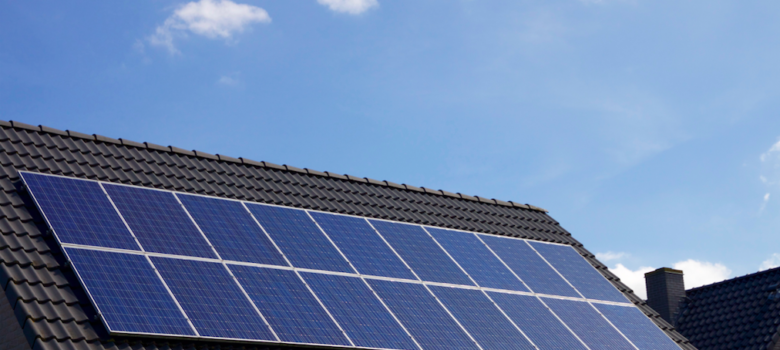
It is fair to say that solar panels attract some controversy. There are a number of arguments against the technology, some more convincing than others. However, on the whole they are a pretty good thing – let us see if we can convince you of the potential benefits…
1. It is weather-dependent
First up, the most obvious problem with solar power: it only produces energy when the conditions are right. Clearly, you cannot make energy at night when the sun is not shining, or if it is covered by clouds.
But there is now a solution. Previously, solar energy had to be used as soon as it was generated, so if it wasn’t used by the person producing it, it was fed back into the grid. This meant that during the day, some people generated enough energy to power all their appliances, but at night they were reliant on the National Grid. Thanks to new battery storage technology, it is now possible to keep the excess energy you generate in the day and use it when the sun goes down. As mass manufacturing of these systems begins, prices for battery storage will drop for consumers.
2. They are an acquired taste!
Some people hate solar panels because they think they’re ugly. I don’t think anyone would argue that bulky traditional panels aren’t an acquired taste.
However, solar panels can be quite discreet when installed on pitched roofs. Also, numerous companies are currently developing solutions to help better integrate solar PV into buildings. These range from almost entirely transparent glass (to be used as windows), to Tesla’s pioneering solar roof tiles.
3. They are ‘paid for by others’
UPDATE: The Feed-In Tariff is now closed for new applications. To find out about the new scheme designed to replace it, click here.
Solar panels are not cheap, so installation is sometimes subsidised by the Government. Some taxpayers argue they are paying for other people’s solar PV systems through taxes. For instance, in the UK, people generating solar PV are paid (currently pretty low) rates for sending their excess energy to the Grid – this is known as the Feed-in Tariff.
On the other hand, people with home solar systems normally put less pressure on national energy stores than those who get all their energy from the National Grid, so some people might say it is fair to incentivise them. Experts have warned of an approaching energy deficit in the UK, and there is pressure on the UK to import huge amounts of energy. If people can generate some of their own energy, that is going to be really useful!
4. They are expensive
Solar panels are expensive to install by some people’s standards. It is sometimes possible to get free or heavily discounted systems, depending on Government incentives at the time – although, as before, some may argue they are picking up the bill for others.
Solar panels can pay back in the long run in savings on energy bills, combined with payback from the Government. Once you have paid off the initial installation costs, you are harbouring free energy, and that is going to benefit you for many years to come!
 5. It could cause problems when selling
5. It could cause problems when selling
Some people worry that a solar PV system could affect the value of their house if they come to sell it later. The thought is that potential buyers might hate the look of solar panels so much that it would put them off going through with the sale. It is not always as easy as simply removing the panels in these cases – if they have been installed for free through a scheme, whoever is living in the property is normally legally obliged to keep them.
However, many people are open to the technology and it could arguably add value to a property.
6. Manufacturing is not carbon-neutral
Those who are not fans of solar technology pick up on the fact that the manufacturing process produces some pollution. Some of the materials required are quite rare, and the panels are usually shipped from other countries, producing some emissions in the process.
As solar panels only create greenhouse gases during manufacturing, they cause very little damage to the planet overall, especially in comparison to other energy generation technologies. They are pretty reliable as long as the sun is shining, and they are a great source of green energy.
The bottom line
We think that the usual arguments against solar can be rebutted. And the benefits of renewable energy should not be underrated, because of the role it could play in minimising climate change and pollution. On a personal level, it can save you money on your bills because you do not have to drain as much energy from the Grid. Plus solar panels are noiseless and require minimal maintenance.
What do you think about solar? Let us know in the Comments section below!
Installing solar PV
Are you thinking about installing a solar PV system at home? We have scoured the country for the best tradespeople, so that we can make sure we only recommend those we really trust.
If you would like us to find you a local installer to help install a solar PV system in your home, just fill in the form below and we will be in touch shortly!
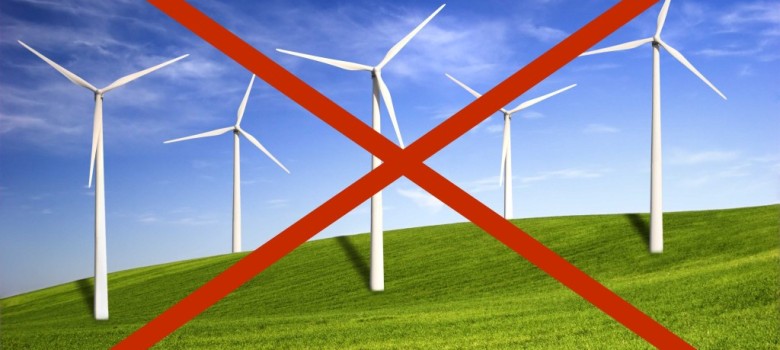



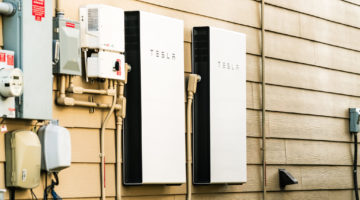
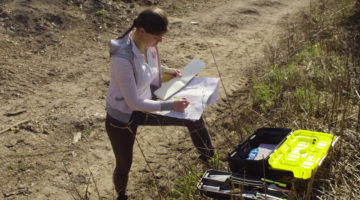
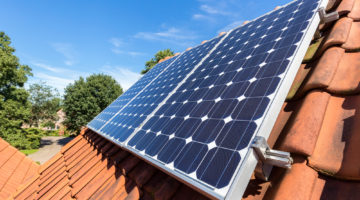






Why I hate solar panels – sales people!
Haha, fair point Tim, well if you get quotes etc and you want us to run an eye over them to check they aren’t adding unnecessary costs, then please get in touch.
For years Planners dictated the “appropriate look” of roofing materials.
Suddenly we have a free-for-all and the things are being plastered over houses regardless of altered appearance and potential fire issues.
I’ve had my PV up for almost 3 years now and have nothing bad to say about them – the only proviso is the upfront cost – but I now think of them as an investment – and the FIT payments are my dividends. The fact they also power my house is almost incidental. Most of the arguments you’ve listed above will be by people who’ve never felt the benefits.
They are weather dependant – but if you can see, there is daylight – and that is sunlight – days are shorter and darker in winter yes, but the sun always shines. My annual electricty use now matches my annual gas use when charted – the power whale as I call it.
As for the acquired taste – you can’t tell me anyone finds TV aeriels, satellite dishes or radiators pretty to look at but no-one would deny the benefit they bring.
The carbon and costs issues are blurry – yes the panels are expensive in both cases – but once up they begin to compensate on both cases as well.
I’m a fully paid up fan – but even if I didn’t have a solar PV array, I’d still make these arguments.
Hi Graham. We’re with you, like we say in the blog!
How much energy do these panels produce and, subsequently, how long would they have to be in use to even recoup their cost (including government subsidies)? How long is it until you hit the dream of “free energy”?
Hi Brian.
So a solar panel costs anywhere from £120 for a 250w panel. This would produce about 250kWh (ish) of electricity per year if on a south facing roof and at an angle. To buy 250 kWh from the grid would cost just over £30, so the payback is 4 years.
In reality, you need inverters etc so the payback is longer, but we are not far from a place where subsidies will become irrelevant.